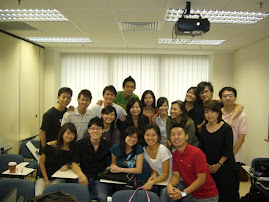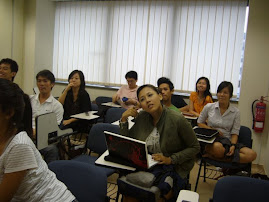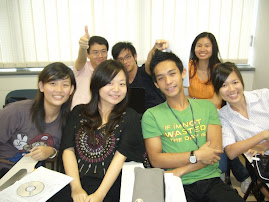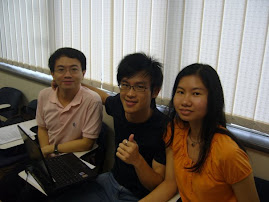


My understanding of the value of effective communication skills has indeed changed over this module. In my first blog post, I wrote that effective communication requires strong language skills, good manners when speaking, as well as patience and sincerity in listening to others. My concept of communication centred on speaking and listening on a personal individual level. However after taking this module, I have learnt that effective communication in the workplace requires the projection of a professional image and hard work and commitment in cooperating for team projects.
Firstly, my writing skills were sharpened tremendously in this module. In fact this is my first module where I had to write and rewrite many drafts before submitting a piece of work! I learnt the structure and format of a professional survey report and how to write it meticulously in stages so that the final version would be complete and comprehensive.
I also polished my secretarial skills greatly in writing minutes for meetings. Prior to this module, my experience in taking down minutes was limited to CCA meetings and details were usually taken down casually. This was the first time I practised writing it professionally in a traditional format.
I also learnt many useful job skills, for example how to draft an impressive resume for a job applicatiion and how to write a persuasive cover letter. I also picked up various tips on how to handle difficult interview questions. These skills were not acquired anywhere prior to ES2007S and our engaging discussions in class prepared me mentally for future job searches.
This is also my first module where we put in a lot of effort to rehearse for our oral presentation. Prior to entering university, we would usually make small cue cards which we would refer to for our project presentations. So this was the first time I had no memory aids and had to memorise all my lines and suppress my stress and anxiety levels when presenting in front of the class.





























